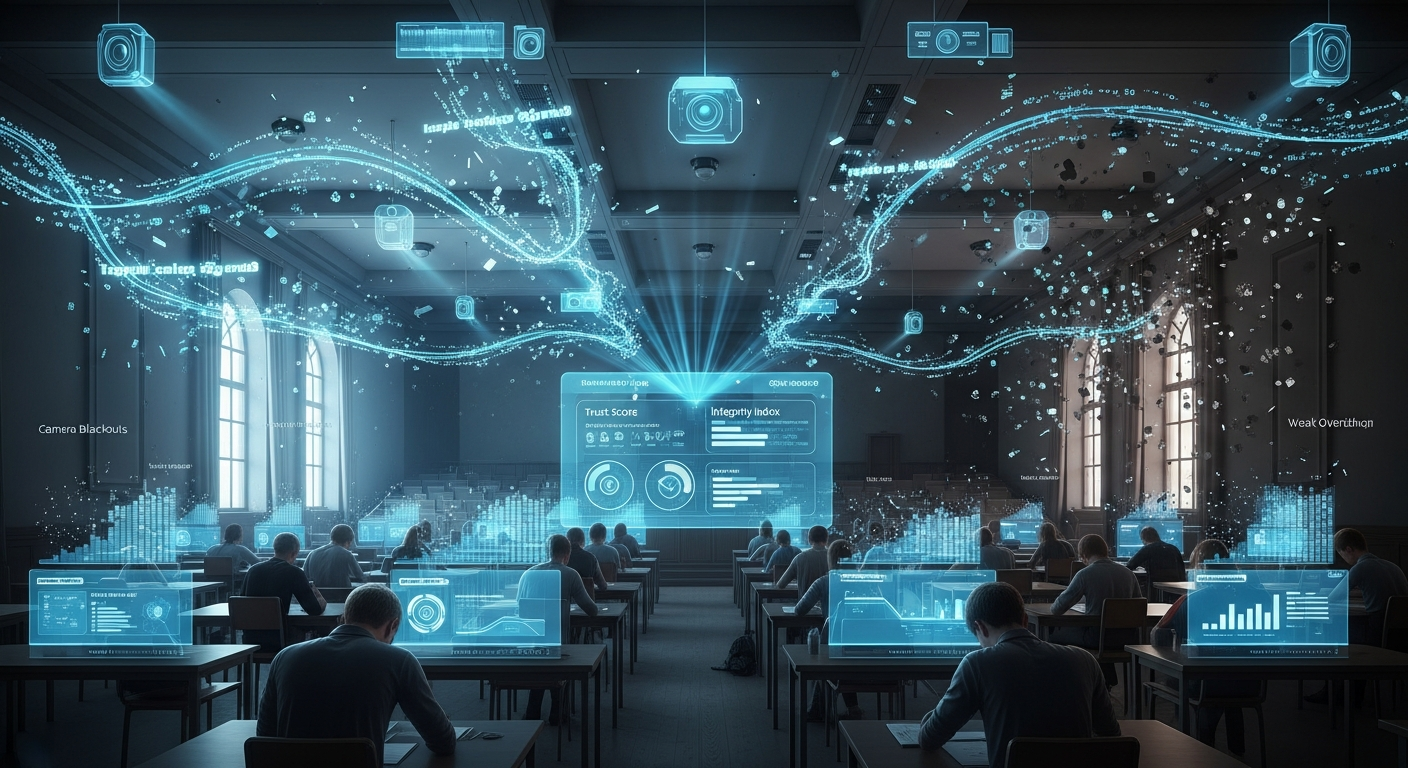
The recent concerns surrounding NEET-UG 2025, specifically the alarming reports of camera blackouts and weak oversight NEET-UG 2025: Camera blackouts, weak oversight raise fresh concerns, have deeply troubled me. This isn't merely an administrative glitch; it strikes at the very heart of trust and fairness in our national systems.
For years, I've championed the necessity of robust, transparent systems and meticulous data integrity. Reflecting on this news today, I am reminded of earlier conversations and projects where these very principles were paramount. I had brought up the thought years ago that for any large-scale operation, especially those impacting individuals' futures, the foundation must be built on verifiable data and clear oversight. My proposals at the time, though in different contexts, offered solutions that are strikingly relevant to the challenges we see now.
Consider my interactions with Deepak at Julia Computing, initiated through Viral Shah (LinkedIn), and my extensive correspondence with Ms Rohini Damahe, a lecturer at L&T Institute of Technology, along with Shuklendu Baji (LinkedIn, shuklendu.baji@sentientsystems.net) and Nitin Ruge from my team. We explored a data mining project to analyze millions of job advertisements to predict market trends and even auto-generate job descriptions, all relying on the accurate and systematic capture of information Dear Deepak. The entire premise was to create an 'Expert System' that could derive insights and make predictions based on comprehensive and trustworthy data. The absence of such foundational data—or worse, a 'blackout' of it—renders any system vulnerable and unreliable. This foresight into building predictive models and ensuring data accuracy for societal benefit seems even more critical today.
Similarly, my conversations concerning the evolution of search technology, spurred by Kishan Kokal (LinkedIn, kokalkishan.official@gmail.com) and addressed to Sundar Pichai (LinkedIn, sundar@google.com), highlighted the need for systems that provide direct, insightful answers rather than just a multitude of links Google , watch out – here comes ChatGPT !. I suggested an option for a 'LaMDA search' that could cut through noise and deliver verifiable information. In the context of exam oversight, this translates to systems that don't just record but actively monitor, analyze, and flag anomalies, providing clear, actionable intelligence rather than allowing 'weak oversight' to persist.
The core idea I wanted to convey then, and which rings true now, is that technology can and must be leveraged to create incorruptible and transparent processes. The 'camera blackouts' and 'weak oversight' in NEET-UG are symptoms of a fundamental flaw in system design—a failure to anticipate and mitigate risks through robust, data-driven mechanisms. These are challenges I had predicted years ago, and my proposed solutions around sophisticated data management and intelligent monitoring systems hold immense value in the current context. It's time to revisit these ideas with renewed urgency, not just for exam integrity, but for all critical national undertakings.
Regards,
Hemen Parekh
Of course, if you wish, you can debate this topic with my Virtual Avatar at : hemenparekh.ai






No comments:
Post a Comment